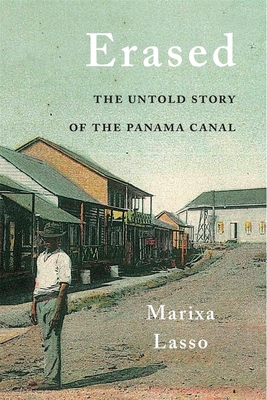Expedite your nonfiction book discovery process with Readara interviews, summaries and recommendations, Broaden your knowledge and gain insights from leading experts and scholars
In-depth, hour-long interviews with notable nonfiction authors, Gain new perspectives and ideas from the writer’s expertise and research, Valuable resource for readers and researchers
Optimize your book discovery process, Four-to eight-page summaries prepared by subject matter experts, Quickly review the book’s central messages and range of content
Books are handpicked covering a wide range of important categories and topics, Selected authors are subject experts, field professionals, or distinguished academics
Our editorial team includes books offering insights, unique views and researched-narratives in categories, Trade shows and book fairs, Book signings and in person author talks,Webinars and online events
Connect with editors and designers,Discover PR & marketing services providers, Source printers and related service providers

Erased: The Untold Story of the Panama Canal
History > Latin America - Central America
- Harvard University Press
- Hardcover
- 9780674984448
- 8.3 X 5.8 X 1.2 inches
- 1.2 pounds
- History > Latin America - Central America
- (Single Author) Asian American
- English
Readara.com
Book Description
The Panama Canal's untold history--from the Panamanian point of view. Sleuth and scholar Marixa Lasso recounts how the canal's American builders displaced 40,000 residents and erased entire towns in the guise of bringing modernity to the tropics.
The Panama Canal set a new course for the modern development of Central America. Cutting a convenient path from the Atlantic to the Pacific oceans, it hastened the currents of trade and migration that were already reshaping the Western hemisphere. Yet the waterway was built at considerable cost to a way of life that had characterized the region for centuries. In Erased, Marixa Lasso recovers the history of the Panamanian cities and towns that once formed the backbone of the republic.
Drawing on vast and previously untapped archival sources and personal recollections, Lasso describes the canal's displacement of peasants, homeowners, and shop owners, and chronicles the destruction of a centuries-old commercial culture and environment. On completion of the canal, the United States engineered a tropical idyll to replace the lost cities and towns--a space miraculously cleansed of poverty, unemployment, and people--which served as a convenient backdrop to the manicured suburbs built exclusively for Americans. By restoring the sounds, sights, and stories of a world wiped clean by U.S. commerce and political ambition, Lasso compellingly pushes back against a triumphalist narrative that erases the contribution of Latin America to its own history.
Author Bio
Marixa Lasso is Associate Professor of Latin American History at the Universidad Nacional de Colombia. Prior to joining the Universidad Nacional, she was Associate Professor with tenure at Case Western Reserve University. She is the author of the book Myths of Harmony: Race and Republicanism during the Age of Revolution, Colombia 1795-1831 (2007).
Professor Lasso is a contributor to numerous books and has published in journals like the American Historical Review, Environmental History, and Citizenship Studies. She is currently working on a book tentatively titled The Lost Towns of the Canal Zone (under contract with Harvard University Press), for which she received grants from the American Council of Learned Societies and the National Humanities Center.
She has also held fellowships from the Social Science Research Council, Fulbright, and the Werner Gren Foundation. Her work has been translated to Spanish and Portuguese.
Source: Harvard University
Videos
No Videos
Community reviews
No Community reviews

